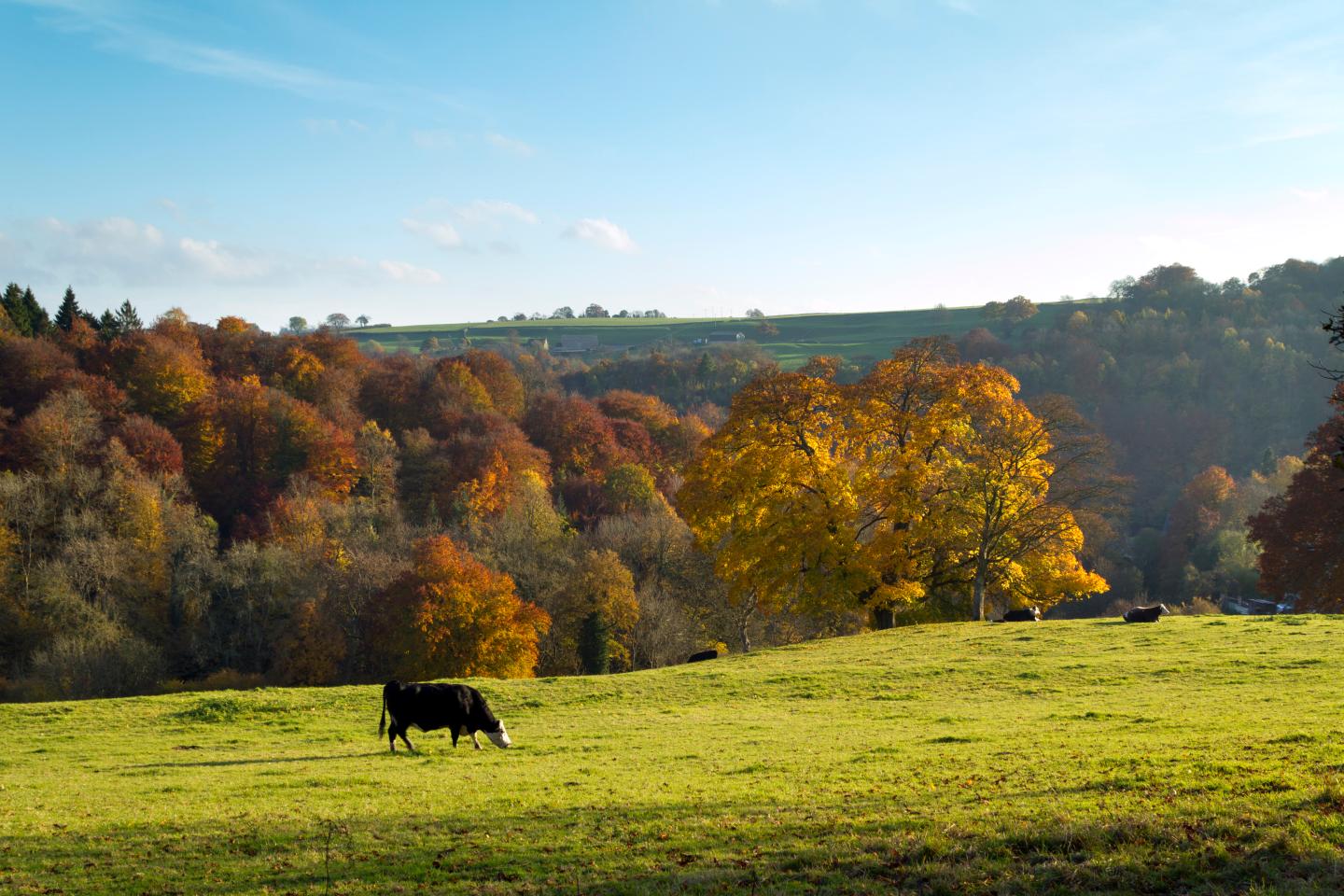
Thank you for continuing to subscribe to our monthly newsletter. We hope you continue to find the content useful and we welcome any feedback or suggestions on topics that you would like to see covered in future editions of the newsletter.
FAS technical advice line: 03000 200 301
- FAS availability in December
- Key dates to be aware of…
- FAS Webinars
- Budget 2025 update on agricultural property relief
- RPA to start making Countryside Stewardship (CS), Environmental Stewardship (ES) and Higher Level Stewardship (HLS) payments from December
- News from the CSF Team: How a Dorset dairy farm improved its slurry storage capacity
- Meet the EA's Agricultural Remote Sensing Team
- Will there be a drought next year? Environment Agency publishes Winter Refill Prospects report including forward-look to Spring 2026.
- Tree on Farm - Forestry commission CSHT webinars
- Rural Payments Agency Guidance
- SFI Annual Declaration
- SFI Rotational Actions Declaration
- Get ready for your farm visit with RPA's video guides
- Beware of fraud
- Updates from the Defra Farming blog and industry announcements
- ‘When rural Britain succeeds, the whole country succeeds’
- Latest bird flu update: mandatory housing order introduced for all of England
- Forage Aid and Addington Fund: register to help or donate livestock forage and bedding
- How can FAS help you?
- Stay up to date with us
Please be aware that during the month of December the FAS helpline will be closed on the following dates:
On Wednesday 10th December the helpline service will be temporarily closed for the day, due to staff training and system upgrades.
From midday on Wednesday 24th December until 8:30am on Friday 2nd January, our helpline service will be closed for the festive period. You can still email us with any queries to advice@farmingadviceservice.org.uk and a member of the team will get back to you as soon as possible on 2nd January.
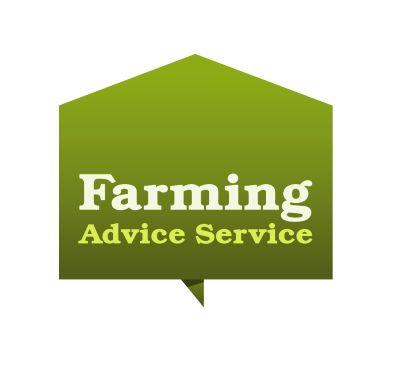
If you hold a water abstraction licence, which authorises abstraction wholly within the months of April to October, you may need to report your water abstraction return for the twelve-month period from 1 November 2024 to 31 October 2025. If you need to submit a return, you will receive a notification from the EA at the end of October/beginning of November, and you have until 28 November to submit your return. GOV.UK
If you keep sheep and/or goats, you must carry out your annual count of the animals on your holding as of 1 December, enter this into your holding register and complete the inventory by 31 December. You will receive a letter in November which tells you what to do. GOV.UK
In case you missed them
You can burn heather, rough grass, bracken, gorse or vaccinium on land other than in upland areas from this date.
The burning season for land in upland areas began on 1 October. GOV.UK
Farming Innovation Programme: Small R&D Partnership Projects Round 4 closes to new applications GOV.UK
For more details about the information provided in the key dates table, visit the Rules for Farmers and Land Managers and the relevant pages of GOV.UK.
Catch up with the Improving Water Resilience on Farm webinar
On 20th November, FAS held a webinar delivered by Jerry Knox (Professor of Agricultural Water Management at Cranfield University), which focused on the importance of water management on farm, the key challenges facing the sector, and approaches to help farmers understand risks and develop strategies to reduce their vulnerability to future water and climate shocks.
You can catch up with the webinar here.
You can also catch up with all previous FAS Webinars on our website here: Events | Farming Advice Service
Topics include Succession Planning, Nutrient Management and our partnership with CSF.

Thursday 18th December - 16:00 - 17:15
Join the Farming Advice Service and Kev Bevan, farm advisor and agricultural economist, for a session introducing approaches to cash flow budgeting and tools for farm accounting, to help you get to grips with farm finance planning for 2026.
The session will also include an update on HMRC's Making Tax Digital process, and a quick look at the Farming Toolkit for assessing nature market opportunities, produced in collaboration with Defra and the Green Finance Institute.
Delivered online via Zoom
Budget 2025 update on agricultural property relief
Following the budget announcement on 26th November, an update issued by HM Treasury and Defra sets out what this means for farming families. The key change is that any unused £1 million allowance for agricultural property relief and business property relief will be transferable between spouses and civil partners.
Read more here.
The Rural Payments Agency announced an increase to the Higher Level Stewardship (HLS) payment rates in May 2025. For more information, please read the RPA blog where they have provided a reminder of how you can estimate the value of your options and let you know when you'll receive your increased 2025 payment.
For customers who made claim on their CS or ES agreements, RPA will start making payments as from December 2025. Don’t worry if you don’t receive your payment straight away, as RPA are still carrying out checks on some claims. They will continue to make payments throughout December and into the new year.
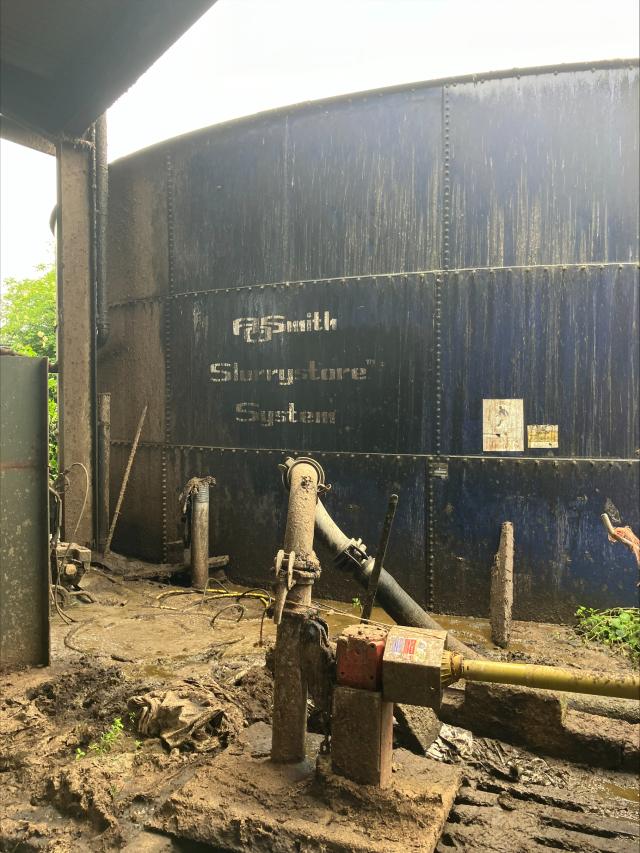
A dairy farm in the Southwest with 140 milking cows and 130 youngstock was facing a key challenge: insufficient slurry storage. Without enough capacity, the farm risked non-compliance with Environment Agency (EA) regulations and potential pollution of nearby watercourses due to slurry spreading at times of the year when run-off risk to rivers is high.
The farm’s local Catchment Sensitive Farming (CSF) Adviser visited the farm and helped develop a step-by-step plan to improve slurry management. The first priority was to reduce the volume of slurry being produced unnecessarily. It became clear that rainwater run-off from fields above the farm was flowing into the yard and mixing with manure, significantly increasing slurry volumes.
The CSF adviser recommended planting a herbal ley — a mixture of herbs and flowers — to intercept surface run-off before it reached the yard. The farmer also contacted the local council to clear road drains. Together, these changes reduced the amount of clean water entering the slurry system.
The adviser then supported the farmer to explore suitable options for increasing on-site slurry storage, including location and type of store. As a result, when the EA later carried out a compliance inspection, the farmer was able to show a clear plan for achieving the required capacity.
Additional advice delivers further improvements
The farm also benefitted from CSF-funded specialist advice, including livestock nutrition guidance to reduce ammonia emissions and improve youngstock growth. A feed analysis provided further benefits for fertility and milk production.
A nutrient budget helped the farm understand input and output flows and identify opportunities to retain nutrients and reduce losses — saving on costs while also protecting the local environment.
Updates from the Environment Agency
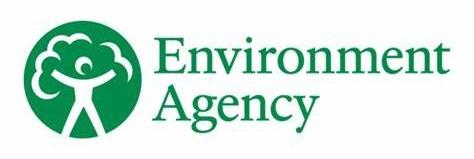
Remote sensing refers to a range of digital and satellite imaging and Artificial Intelligence tools that the EA use for their work regulating agriculture.
The team undertake catchment wide surveys to identify potential pollution risks from farming and associated land management practices.
They also provide support to our regulatory officers by providing reports that aid them when they carry out farm inspections.
You can read the full article from the Environment Agency on our website here.
From the Environment Agency’s Drought (Water Resources, Environment & Business) Team
The question everyone is asking is ‘will there be a drought next year’ and the answer is yes, unless there is at least average rainfall through the winter. Where and how bad the drought could be will reflect how much rain we receive through the winter. 80 percent of long-term average rainfall would mean we were in a similar situation to this year with drought at the spring stretching through the country from Wessex to Yorkshire.
The Environment Agency published a winter equivalent of the irrigation prospects report on the 14th November.
The Met Office’s 3 month outlook for November through to January is a 30% chance of a dry period across the UK. This means that there is a higher-than-normal likelihood of dry weather, e.g. less rain than long term average. There may be regional variations, but farmers should prepare for a potentially dry winter.
The EA report covers two topics:
Firstly, the prospect of refilling winter reservoirs on the basis of projected river flows under three different rainfall scenarios; 100, 80 and 60%. With 100% of long-term average (LTA) rainfall we expect that most irrigation reservoirs will refill using winter storage licences. If 80% of LTA rainfall is received in the winter the Environment Agency expects that Hands off flow restrictions will remain in force through to March 2026. Therefore, refill prospects are moderate across most of England. Under this scenario there is also an increased risk that Section 57 restrictions may be required in the spring across some areas of England, especially if groundwater and river flows are significantly lower than average.
Secondly, an estimate of status of river flows and groundwater levels in March 2026, as a signal for irrigation prospects for spring 2026. This tells us that above 100% of Long-Term Average (LTA) rainfall is needed across England for rivers to return to normal levels in spring 2026, and above 120% of LTA rainfall is needed for groundwater levels in chalk aquifers to return to normal levels in most sites.
Combined with the Met Office outlook for a potentially dry winter, farmers should be prepared for the possibility that Hands-off-Flow (HOF) conditions and section 57 spray restrictions may be implemented over the spring- summer.
The full agricultural prospects report includes projections of 100/80/60% rainfall scenarios.
You can read the full prospects report on GOV.UK. This includes projections for drought for other sectors including environment and water company positions under the same scenarios.
Watch the recording of the FAS webinar: Improving Water Resilience on Farm for approaches to help farmers understand risks and develop strategies to reduce their vulnerability to future water and climate shocks.

The Forestry Commission are hosting a series of webinars designed to support Countryside Stewardship Higher Tier (CSHT) applicants:
PAWS, ASNW and Resilience supplements
14 January at 3pm
Join this webinar to learn more about using these supplements as part of Countryside Stewardship Higher Tier (CSHT) applications.
Designed for applicants and agents, the Forestry Commission will be sharing the differences between the three CSHT non-stackable supplements and where they can be used.
Presentations will be followed by a 30 minute Q&A.
Register here
Writing Species Management Plans (SMP) for grey squirrels and deer
3 December at 3pm
Join the Forestry Commission for this webinar designed to support Countryside Stewardship Higher Tier (CSHT) applications.
This webinar will focus on what is expected of applicants and agents when they are writing a species management plan (SMP) for the control of grey squirrels or deer, and aim to clarify what level of technical detail and effort is expected in a SMP for it to be approved by the Forestry Commission.
Presentations will be followed by a 30 minute Q&A.
Register here
SFI Annual Declaration
The annual declaration is how SFI agreement holders confirm that they have delivered against their agreement for that year. It is an important part of receiving the final payment for the agreement year. Please look at the guidance on how to complete your annual declaration on GOV.UK.
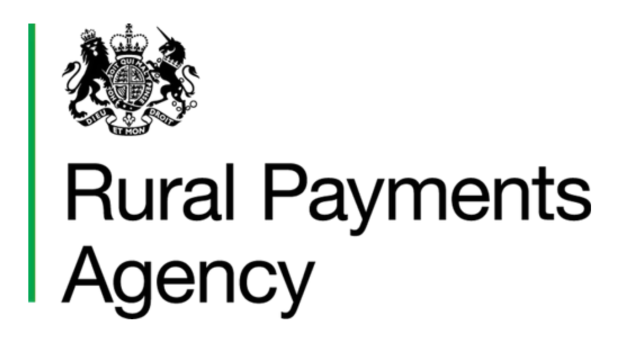
SFI Rotational Actions Declaration
Some Sustainable Farming Incentive (SFI) actions are ‘rotational’. This means that, after the first year of your SFI agreement, you can choose to:
- move the action’s location around your land, or do the action at the same location
- change the area entered into the action (subject to the rules which apply to you), or do the action on the same area
For further information about rotational SFI actions, read how to complete the rotational actions declaration guidance on GOV.UK.
Get ready for your farm visit with RPA's video guides
The Rural Payments Agency has launched a series of 'How to' videos to help farmers prepare for a farm visit and meet your regulatory requirements.
The video series of practical guides covers everything from identification visits to getting set up online and includes:
Essential farm visit guides:
Beware of fraud
The RPA would like to remind you that fraudsters may target farmers and landowners who receive grant payments with fake emails and text messages.
Genuine emails from RPA may include a link to the Rural Payments service to allow you to check your personal and business details are up to date.
Defra, RPA and the Forestry Commission will never send text messages with links to websites asking you to confirm your personal details or payment information. They will never ask you to make a payment over the telephone.
You may be invited to complete surveys via text message. These will include a link, but they will never ask for personal data or bank information. You can contact RPA’s Fraud Line on 0800 347 347 Monday to Friday 8:30am to 5pm.
For more information, visit the fraud guidance page on GOV.UK.

Defra regularly updates the Farming blog. Please subscribe to the blog to ensure you receive all the latest news.
'When rural Britain succeeds, the whole country succeeds’
Speaking at the Country Land & Business Association (CLA) Rural Business Conference today (Thursday 20 November), Defra Secretary of State Emma Reynolds outlined how Defra is working in genuine partnership with farmers and rural businesses to unlock economic potential, strengthen resilience and provide the long-term stability and clarity needed for investment.
Emma Reynolds set out her vision for farming as a central driver of national economic growth, built on a profitable, productive and resilient sector.
Whilst facing enormous pressures, farmers have continued to feed the nation and produce food to some of the highest standards in the world. Thanking Baroness Batters for her comprehensive review of the barriers and opportunities for farm profitability, Emma Reynolds signaled support for broad themes of the review, including how partnership working between government and the sector underlines our approach to boosting farm profitability.
Defra will publish the review before Christmas and will formally respond to the recommendations next year.
A key theme of the review and something Government is committed to is providing a long-term framework for sustainable farming and providing clarity and confidence as the government reforms schemes for the years ahead.
Emma Reynolds set out that it is our ambition to open SFI in the first half of next year.
Ministers are reviewing the Sustainable Farming Incentive (SFI) to get it right – they know farmers want more information and more certainty for the future. The reformed SFI will support sustainable farming, and drive growth by restoring what all farmers need to produce good food – nature.
The department has committed to be upfront about the available budget and publish scheme details, including timings and eligibility criteria, before the scheme opens. We will introduce improved budgetary controls to help money reach more farmers and focus on the most impactful actions to benefit the environment and which work alongside farm business.
Emma Reynolds addressed the CLA Conference following a speech at a Food & Drink Federation (FDF) Summit on Wednesday 19 November, where it was announced that government will establish two major initiatives to help drive down food costs and support the food industry.
Forage Aid and Addington Fund: register to help or donate livestock forage and bedding
If you’re a UK farmer whose livestock is suffering the effects of an extreme weather event or Act of God, Forage Aid and Addington Fund can help by getting emergency forage and bedding to you. If you’d like to help UK farmers whose livestock are in crisis, you can also register to help or donate.
Latest bird flu update: mandatory housing order introduced for all of England
On Thursday 6 November 2025, the UK Chief Veterinary Officer ordered a mandatory housing order to cover the whole of England, following the escalating number of confirmations of avian influenza in kept and wild birds. Mandatory housing was also introduced in Wales on 11 November.
The new measures mean commercial bird keepers (as well as anyone else who keeps more than 50 birds) across the whole of England must house all poultry and captive birds.
A GB-wide Avian Influenza Prevention Zone (AIPZ) is also in place and requires all keepers, regardless of the number of birds, to undertake enhanced biosecurity measures to mitigate the risk of further outbreaks of the disease. Enhanced biosecurity is crucial because housing alone will not keep birds safe. Risk levels are considered ‘very high’ where the highest levels of biosecurity are not practiced.
Some of the enhanced biosecurity measures include:
- cleansing and disinfecting clothing, footwear, equipment and vehicles before and after contact with poultry and captive birds
- reducing the movement of people, vehicles or equipment to and from areas where poultry and captive birds are kept, to minimise contamination from manure, slurry and other products
- carrying out effective vermin control in any areas where poultry and captive birds are kept.
Keepers should familiarise themselves with the full list of steps they need to take to prevent bird flu and stop it spreading, remain vigilant for signs of disease and report any suspicion to the Animal & Plant Health Agency.
This is the most effective way to prevent the spread of avian influenza, keep birds healthy and protect poultry businesses’ profitability.
Registering birds with APHA is a legal requirement, and any significant changes (e.g. number of birds, type of birds) should be updated on the system within 30 days.
You can check if you’re in a bird flu disease zone using the interactive map, and see the declarations page for details of restrictions. Further advice and latest updates are available at GOV.UK/birdflu.
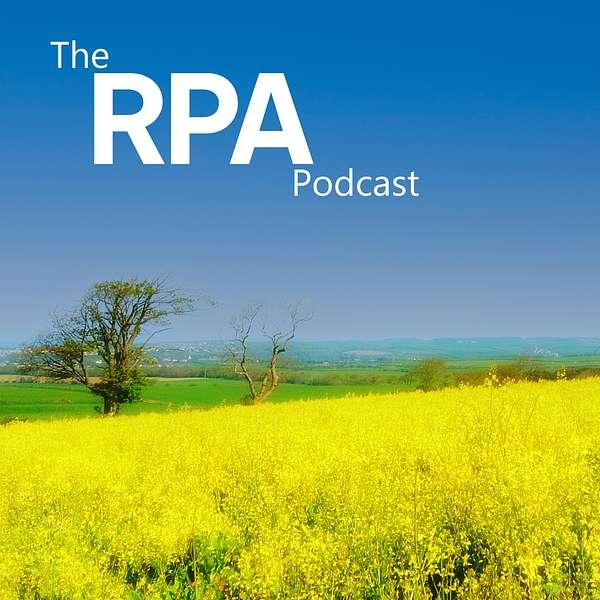
Rural Payments Agency Blog
To stay up to date with the latest information and updates from the Rural Payments Agency (RPA), sign up to the RPA Blog.
You can also listen to the RPA Podcast, which has been launched to help farmers, landowners and rural communities keep up to date with the latest news from the RPA. You can also follow the RPA on social media:
- X @ruralpay
- Facebook: facebook.com/RuralPaymentsAgency
- YouTube: Rural Payments Agency
- Instagram: ruralpay.
Stay up to date with the Sustainable Farming Incentive (SFI) blog posts here.

Free and confidential advice
The FAS is funded by the Department for Environment, Food and Rural Affairs (Defra). We provide free, confidential advice to help farmers and land managers in England understand and meet the legal requirements in English law around certain farming activities to protect people, livestock and the environment. We update the farming sector on relevant government farming policy that is applicable in England and on the actions that can be taken to help farmers comply with the relevant regulations. Our newsletter also provides articles on topics that are complementary to farming regulation, such as practices that benefit the wider environment and wellbeing support.
Our website hosts our previous newsletters, as well as technical articles and webinars that cover various topics in more detail.
Contacting the advice line: Farmers requiring telephone advice can contact the FAS technical advice line on 03000 200 301, Monday to Friday, between 08:30 and 17:00. The Rural Services Helpline provides a single number for all FAS, Rural Payments Agency (RPA), Animal and Plant Health Agency, Natural England and Forestry enquiries.
You can also email enquiries to advice@farmingadviceservice.org.uk. Our helpline team aims to respond to all telephone and email enquiries within one working day.
Stay up to date with us
Subscribe to our free monthly newsletter
If you don’t already receive our monthly FAS newsletter, please visit farmingadviceservice.org.uk/signup and enter your email address into the newsletter sign-up box.
In line with data protection regulations, such as the General Data Protection Regulation (GDPR) and the UK Data Protection Act 2018, the FAS has updated its privacy policy to explain how your data is kept safe. To view the policy, please visit www.farmingadviceservice.org.uk/events/privacy/.